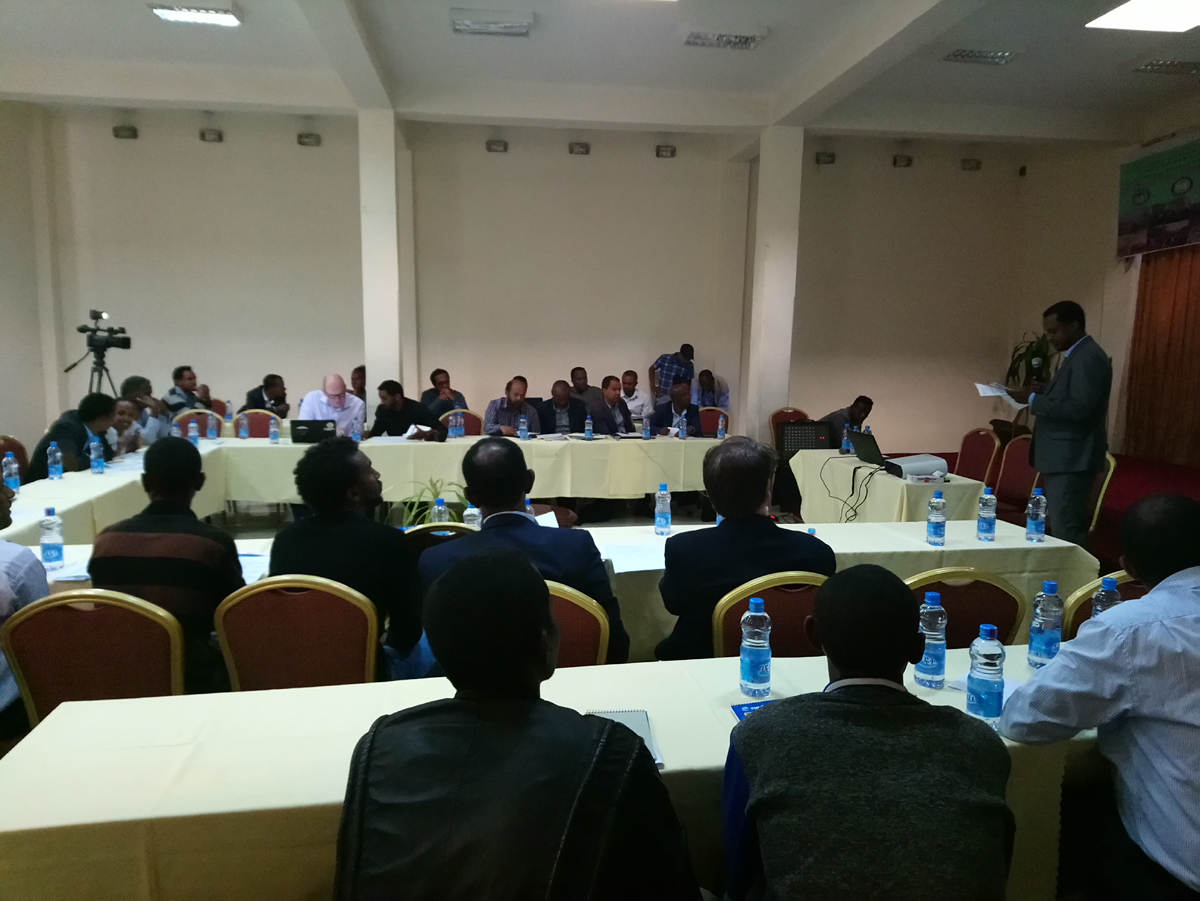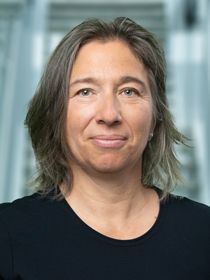As part of a project sponsored by the EU Commission, a conference on affordable housing titled „Our Cities – Our Future“ took place in the Ethiopian city of Gondar, organized by Danube University Krems in collaboration with local partners. In Ethiopia, millions of low-income city dwellers are forced to live in informal housing situations.
 The conference on the topic „Our Cities – Our Future: Towards Inclusive Neighborhoods“ was held at the end of September 2017 as part of the project „Social Inclusion and Energy Management for Informal Urban Settlements (SES)“ coordinated by Danube University Krems and sponsored by the EU program ERASMUS+.
The conference on the topic „Our Cities – Our Future: Towards Inclusive Neighborhoods“ was held at the end of September 2017 as part of the project „Social Inclusion and Energy Management for Informal Urban Settlements (SES)“ coordinated by Danube University Krems and sponsored by the EU program ERASMUS+.
This was a groundbreaking event in that the conference was not only attended by representatives from science, administration and politics, but also by the people concerned, namely those living in informal settlements. “In more than 30 years of professionally dealing with the issue of informal housing in Ethiopia, this is the first time that I am speaking about this topic on such a grand scale,” said Dr. Firew Mengistu from the Ethiopian Civil Service University in Addis Ababa in his keynote. The difficult question of how Ethiopia can get to grips with its urban growth explosion was discussed together.
Built illegally on state-owned property?
The bone of contention is how to deal with the many and rapidly growing informal settlements around the big cities such as Addis Ababa, Gondar or Mekelle. According to the ruling government, these settlements were illegally erected on state property and for this reason demands their removal.
At the same time, however, the formal housing market does not provide enough living space for the new arrivals. Even when new settlements are built, these are often too remote, expensive, and lacking in infrastructure. The participants at the conference agree that particularly low-income immigrants have no other choice than, for example, to buy a piece of land from farmers in the legal grey areas on the outskirts of the city. Then they first build makeshift huts which they gradually improve and enlarge over time. However, these families are often refused access to public utilities such as water and electricity because this type of housing is officially regarded „illegal.“
Sustainable and realistic solutions
„In a country where cities grow annually by up to 5.6 percent, this is a huge cause for conflict – calling for sustainable and realistic solutions,” says SES project leader Dr. Tania Berger from Danube University Krems. „With this first major discussion forum, the team at Danube University Krems - together with the local partner organizations and the conference attendees from different professional backgrounds - has contributed greatly to increasing public awareness with regard to how urgent the issue of housing Ethiopia’s millions of low-income city dwellers is,” says the head of Social Environment and Migration at the Department of Migration and Globalization.
contact
Tags
